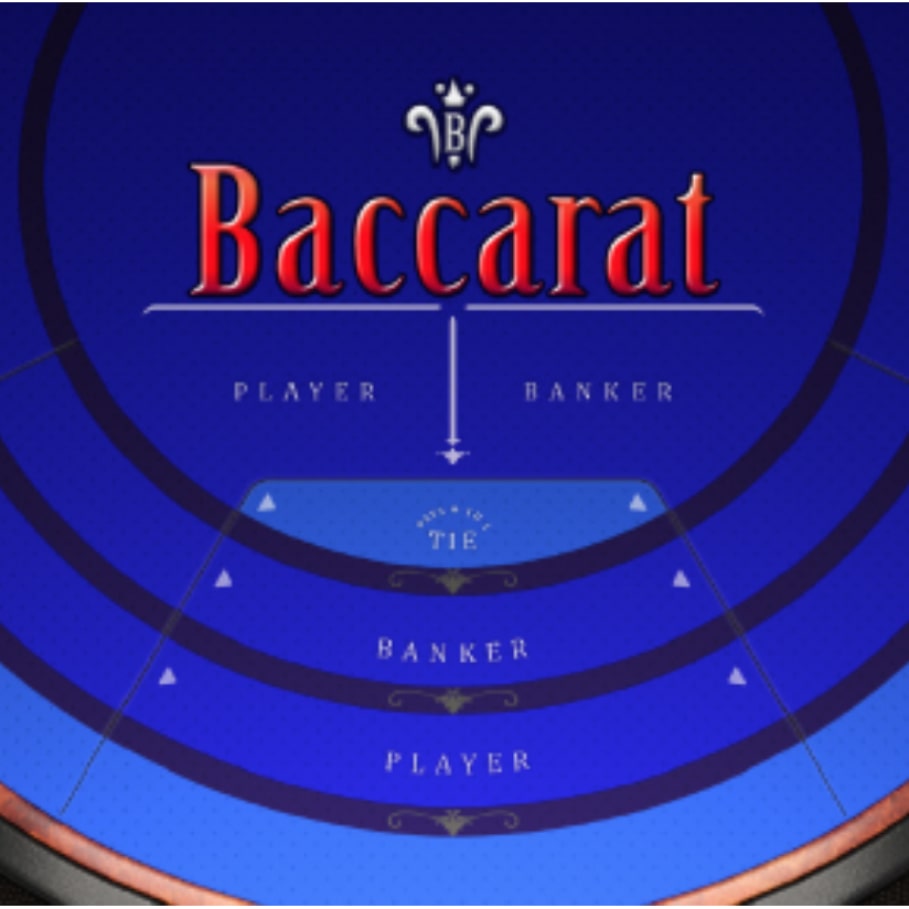What To Know About Credit Freezes and Fraud Alerts
Credit freezes and fraud alerts can protect you from identity theft or prevent further misuse of your personal information if it was stolen. ![]()
![]()
Who can place one: Anyone can freeze their credit report, even if their identity has not been stolen.
What it does: A credit freeze restricts access to your credit report, which means you — or others — won’t be able to open a new credit account while the freeze is in place. You can temporarily lift the credit freeze if you need to apply for new credit. When the freeze is in place, you will still be able to do things like apply for a job, rent an apartment, or buy insurance without lifting or removing it.
Duration: A credit freeze lasts until you remove it.
Cost: Free
How to place: Contact each of the three credit bureaus — Equifax, Experian, and TransUnion.
Fraud Alerts
Fraud alerts are available in different situations and have different benefits.
Fraud alert
Who can place one: Anyone who suspects fraud can place a fraud alert on their credit report.
What it does: A fraud alert will make it harder for someone to open a new credit account in your name. A business must verify your identity before it issues new credit in your name.
When you place a fraud alert on your credit report, you can get a free copy of your credit report from each of the three credit bureaus.
Duration: A fraud alert lasts one year. After a year, you can renew it.
Cost: Free
How to place: Contact any one of the three credit bureaus — Equifax, Experian, and TransUnion. You don’t have to contact all three. The credit bureau you contact must tell the other two to place a fraud alert on your credit report.
Extended fraud alert
Who can place one: An extended fraud alert is only available to people who have had their identity stolen and completed an FTC identity theft report at IdentityTheft.gov or filed a police report.
What it does: Like a fraud alert, an extended fraud alert will make it harder for someone to open a new credit account in your name. A business must contact you before it issues new credit in your name.
When you place an extended fraud alert on your credit report, you can get a free copy of your credit report from each of the three credit bureaus twice within one year from when you place the alert, which means you could review your credit report six times in a year.
In addition, the credit bureaus will take you off their marketing lists for unsolicited credit and insurance offers for five years, unless you ask them not to.
Duration: An extended fraud alert lasts seven years.
Cost: Free
How to place: Contact any one of the three credit bureaus — Equifax, Experian, and TransUnion. You don’t have to contact all three. The credit bureau you contact must tell the other two to place an extended fraud alert on your credit report.
Active duty alert
Who can place one: Active duty service members can place an active duty fraud alert.
What it does: An active duty fraud alert will make it harder for someone to open a new credit account in your name. A business must verify your identity before it issues new credit in your name.
In addition, the credit bureaus will take you off their marketing lists for unsolicited credit and insurance offers for two years, unless you ask them not to.
Duration: An active duty fraud alert lasts one year. After a year, you can renew it for the length of your deployment.
Cost: Free
How to place: Contact any one of the three credit bureaus — Equifax, Experian, and TransUnion. You don’t have to contact all three. The credit bureau you contact must tell the other two to place an active duty fraud alert on your credit report.
Free credit monitoring for active duty service members
Active duty service members can get free electronic credit monitoring, which can detect problems that might be the result of identity theft. To sign up, contact each of the three credit bureaus — Equifax, Experian, and TransUnion.
|
Which Fraud Alert Is Right for You? |
|—| | Fraud Alert | Extended Fraud Alert | Active Duty Alert | | Place when you’re concerned about identity theft. It makes it harder for someone to open a new credit account in your name. It’s free and lasts 1 year. | Place when you’ve had your identity stolen and completed an FTC identity theft report at IdentityTheft.gov or filed a police report. It makes it harder for someone to open a new credit account in your name and removes you from unsolicited credit and insurance offers for 5 years. It’s free and lasts 7 years. | Place when you’re on active military duty. It makes it harder for someone to open a new credit account in your name and removes you from unsolicited credit and insurance offers for 2 years. It’s free and lasts 1 year. |
Data Breaches - What to Know, What to Do
What to do if your information is exposed in a data breach
Order free copies
FAQ
How to claim 88 free spins?
Register a new account on 888casino.com (each a ‘‘Site’’ and together, the “Sites”) and redeem the ‘88 Free Spins Welcome Offer’ during the Promotion Period by clicking on the Free Spins claim link sent via e-mail, pop-up or in ‘My Account’.
What casino gives free spins without deposit in the UK?
US online casinos offer two types of free spins casino bonuses: free spins no deposit offers and deposit-based spins. A no deposit bonus gives you free spins just for signing up, while free spins bonuses require adding funds to activate. Both let you play slots for free with a chance to win real money.3 thg 12, 2024
How to claim xchief no deposit bonus?
EXSwiss presents a 100 USD No Deposit Bonus. The promotion avail for new traders to test the live trading environment with real market conditions. Signup to grab a Free $100 USD Bonus straight into your live account. Feel the pleasure of the STP/ECN trading experience without any financial risk.
Which casino gives free welcome bonus and no deposit bonus?
Free spins no deposit bonus This means that you can still win real money prizes without having to risk your own money. Some sites like no deposit sweepstakes casinos offer free spins no deposit bonuses upon registration, meaning all you need to do to claim the offer is to open a casino account.
Which South Africa broker has no deposit bonus?
The ForexChief app must be installed and the verification procedure completed. No-Deposit Bonus can only be taken inside the application by the client, and only after the verification is successfully completed. Inside the application, find the “Bonuses and Credits” section and choose the “No-Deposit Bonus” option.
Winslots listed the best free credit bonus from online casino Malaysia. Up to RM100 free credit no deposit bonus, and RM2880 slot welcome bonus, claim now!
Laman ini hanya mengumpul artikel berkaitan. Untuk melihat yang asal, sila salin dan buka pautan berikut:What To Know About Credit Freezes and Fraud Alerts























































































































































